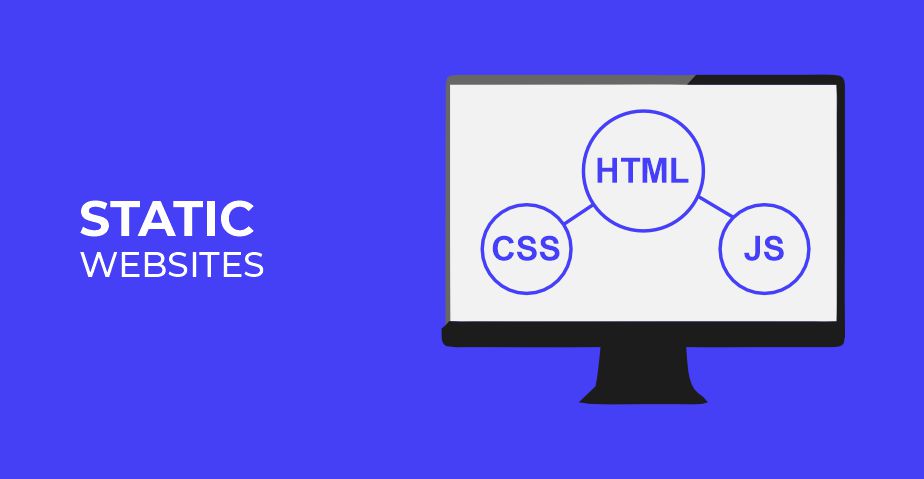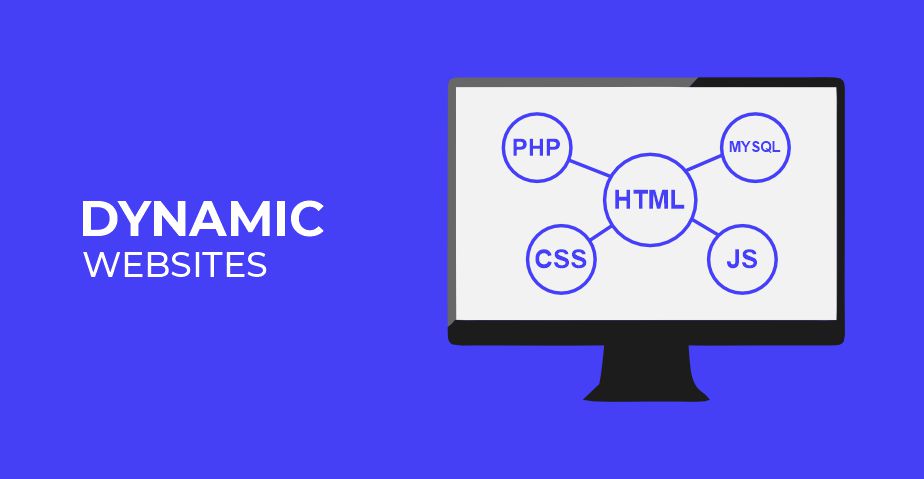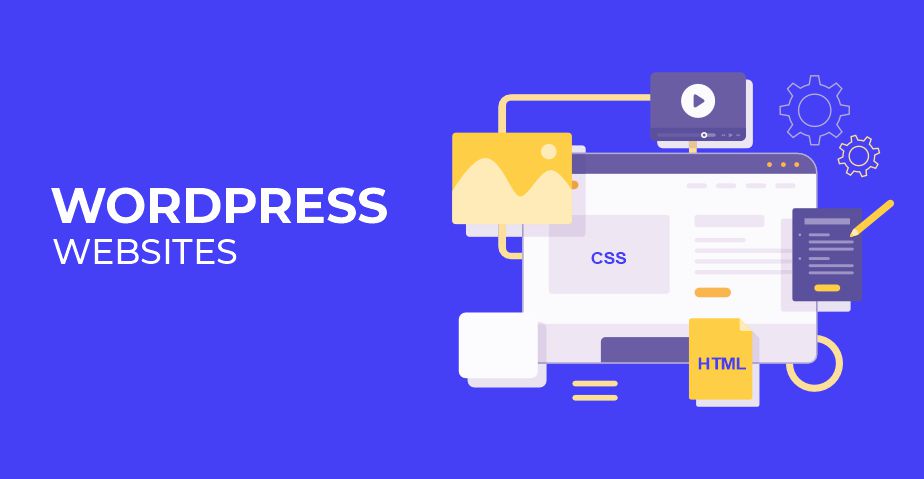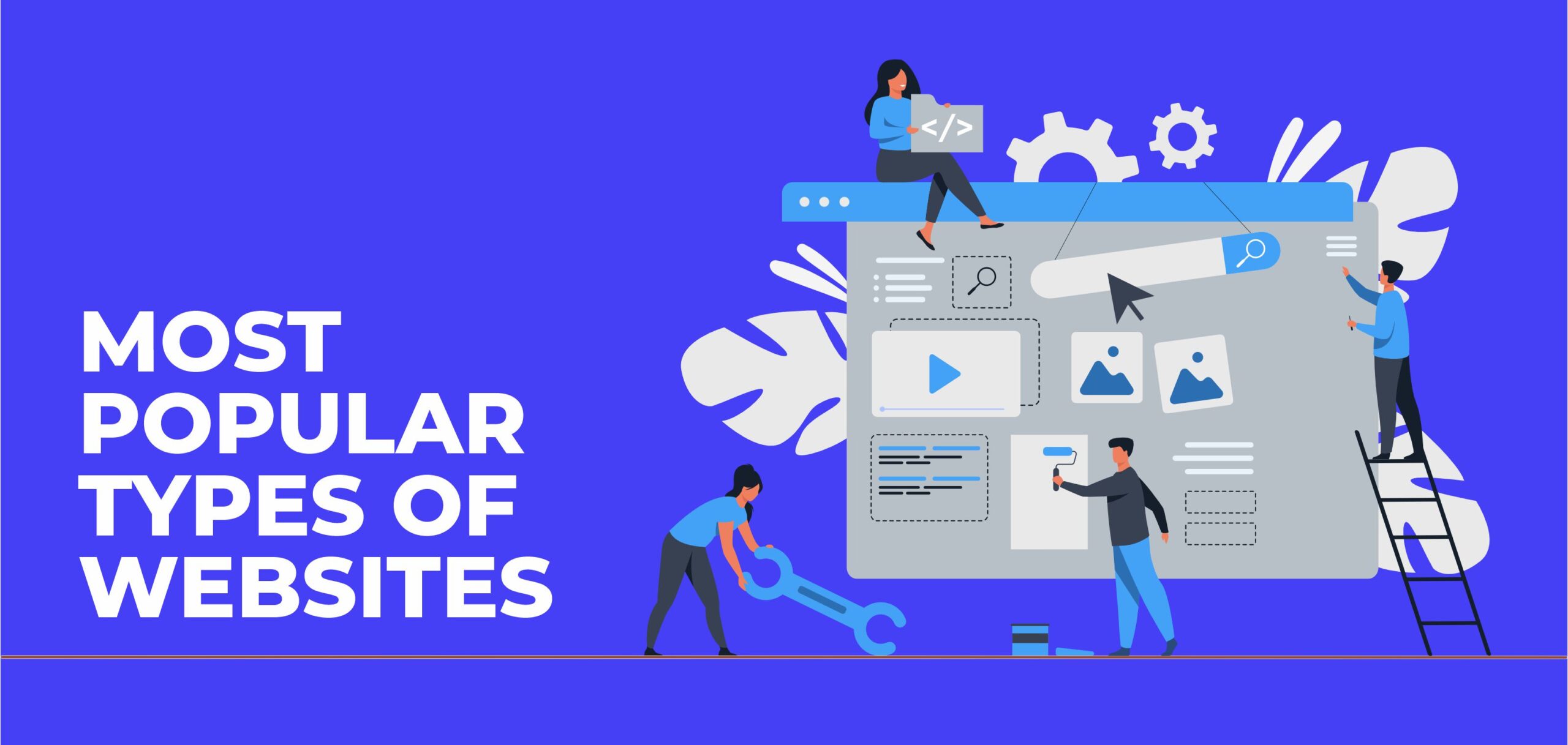A collection of linked, openly accessible Web pages with the same domain name is known as a website. A website can be created and maintained by a person, group, business, or organization to suit a variety of needs. Websites that are accessible to the general public make up the World Wide Web.
Although it is sometimes referred to as a “web page,” this is incorrect because a website is made up of many webpages. The terms “web presence” and “site” can also be used to refer to websites.
The hypertext markup language, or HTML, is used to create a web page’s basic structure. The domain name categorizes the various website types: for-profit organizations use the.org extension, commercial websites use the.com extension, etc.
Different Types of Websites
There are many different kinds of websites, but we will only go into detail about a few essential ones:
Static websites can be almost entirely written in HTML and provide a fixed set of data that renders consistently for every visitor. Static sites deliver pre-built HTML, CSS, and JavaScript files to a web browser using server-side rendering.

A dynamic website is one that allows users to edit or change the data.
Using either server-side or client-side scripting, it generates mutable content. Like a static website, it also has HTML content.
Websites are referred to as dynamic if their content or design alters in response to a web server request. For different visitors to these websites, different content can be produced using the same source code file.

Customers can purchase and sell physical goods, services, and digital goods through an e-commerce website rather than in person or a physical store. A company can manage orders, payments, shipping and logistics, and customer service through an e-commerce website.
E-commerce is the umbrella term for the sale of goods or services over the internet. The electronic transfer of funds and data between two or more parties is the essence of e-commerce. E-commerce has significantly increased in recent years as smartphone use has grown and consumers can now shop from almost anywhere.

Websites can be built using the free, open-source WordPress platform. WordPress is a content management system (CMS) that uses a MySQL database and is technically based on PHP.
In layman’s terms, WordPress is the most user-friendly and efficient blogging and website builder available today.
WordPress is the best platform for developing different types of websites. WordPress is a versatile CMS that can be used to build websites for portfolios, e-commerce, and businesses. Due to its flexibility and usability, WordPress is a fantastic choice for both large and small websites.


